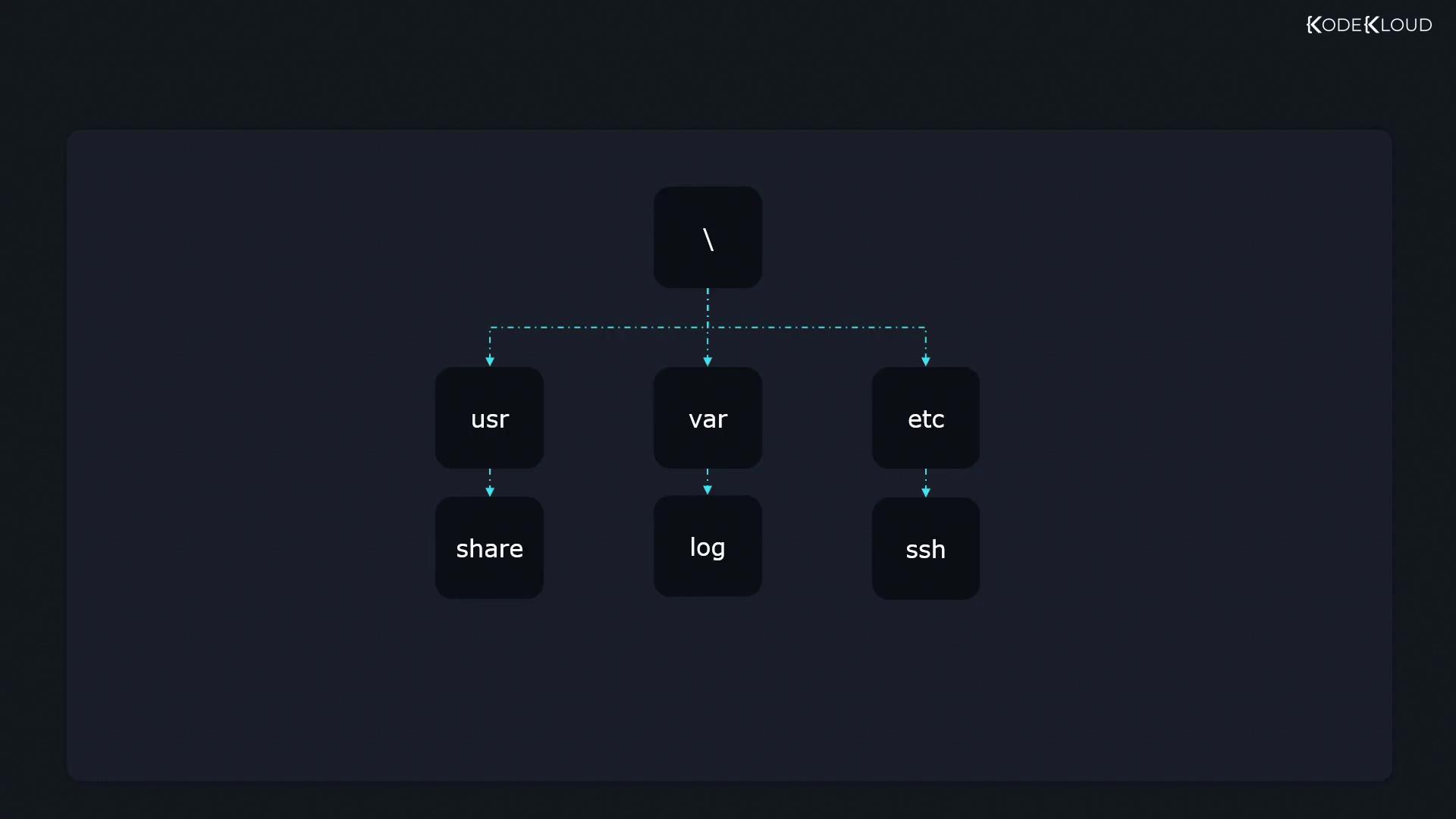Red Hat Certified System Administrator(RHCSA)
Understand and Use Essential Tools
Search for files
In this article, we explore how to search for files on a Linux system using the versatile and powerful find command. Familiarity with your system’s directory structure is essential—for example, SSH configuration files are typically found in /etc/ssh, while system logs reside in /var/log.

Most of the time, you have a good idea of where your files are located. However, certain scenarios require more specific searches:
Website Maintenance: If your website files are stored in /usr/share, and you need to list all image files (e.g., with a .jpg extension), you can run:
$ find /usr/share/ -name '*.jpg' # Example output: # 1.jpg # 2.jpg # 3.jpgDisk Space Management: When hosting virtual machines, you might encounter low disk space situations. Since most VM files are usually under 20 GB, filtering out unusually large files is critical. For example, to find files larger than 10 megabytes, execute:
$ find /lib64/ -size +10M # Example output: # large_file.txtMonitoring File Changes: After deploying an application, you may want to verify which files have been modified recently. To list files modified within the last minute, use the mmin parameter:
$ find /path/to/directory -mmin -1
These examples illustrate the find command’s versatility when handling various search requirements.
Find Command Syntax
The basic syntax for the find command is:
# find [/path/to/directory] [search_parameters]
For instance, to locate a file named file1.txt in the /bin directory, use:
$ find /bin -name file1.txt
If you don’t specify a directory path, the command searches from your current working directory. Always specify the search location first, followed by the desired search parameters.
Tip
If no directory is specified, remember that find will perform a recursive search starting in the current directory.
Common Search Parameters
Name and Wildcards
The -name option allows you to search for files by their name. Note that this search is case sensitive:
$ find -name felix
To perform a case-insensitive search, utilize the -iname option:
$ find -iname felix
Wildcards can also be used. For example, to find all files beginning with the letter "f":
$ find -name "f*"
Here, the asterisk (*) serves as a wildcard, matching any number of characters.
Time-Based Searches
The -mmin option lets you find files based on their modification time in minutes. For example, to list files modified exactly 5 minutes ago:
$ find -mmin 5
For files modified within the last 5 minutes, apply a negative value:
$ find -mmin -5
Similarly, the -mtime option works with 24-hour periods. For instance:
-mtime 0 returns files modified within the past 24 hours.
-mtime 1 returns files modified between 24 and 48 hours ago.
To find files modified between 48 and 72 hours ago, you would use:
$ find -mtime 2
Size-Based Searches
The -size parameter allows searching for files based on file size. For example, to find files that are exactly 512 kilobytes in size:
$ find -size 512k
Use a plus sign (+) to search for files larger than the specified size, or a minus sign (–) for files smaller than that size. The following suffixes denote size units:
| Size Suffix | Unit |
|---|---|
| C | Bytes |
| K | Kilobytes |
| M | Megabytes |
| G | Gigabytes |
Combining Search Parameters
Multiple search conditions can be combined to refine your results. For example, to search for files that start with the letter "f" and are exactly 512K in size:
$ find -name "f*" -size 512k
For OR expressions (files that either start with "f" or are 512K in size), use the -o flag:
$ find \( -name "f*" -o -size 512k \)
To exclude a particular pattern, use the NOT operator with -not or an escaped exclamation mark. For example, to omit files that start with a capital "F", you can run:
$ find -not -name "f*"
Alternatively:
$ find \! -name "f*"
Permission-Based Searches
The -perm option finds files based on their permission settings. Here are several examples:
Exact permissions: To search for files with precisely 664 permissions (read and write permissions for the user and group; read permission for others):
$ find -perm 664At least these permissions: To find files having at least these permissions, prefix the mode with a hyphen:
$ find -perm -664Any of the specified permissions: To search for files where any one of the specified permissions is present, use a slash:
$ find -perm /u=r,g=r,o=r
Additional permission examples include:
To find files that only the owner can read and write:
$ find -perm 600To find files that the owner can execute (regardless of additional permissions):
$ find -perm -100To ensure that others do not have read permission, combine conditions with the NOT operator:
$ find \! -perm -o=r
Conclusion
The find command is an indispensable tool in Linux for locating files based on name, size, modification time, and permissions. With its extensive set of options, you can efficiently tailor your searches to meet various system administration needs.
Now that you have a deeper understanding of how to leverage the find command, it’s time to practice these techniques and sharpen your Linux file management skills.
Watch Video
Watch video content
Practice Lab
Practice lab